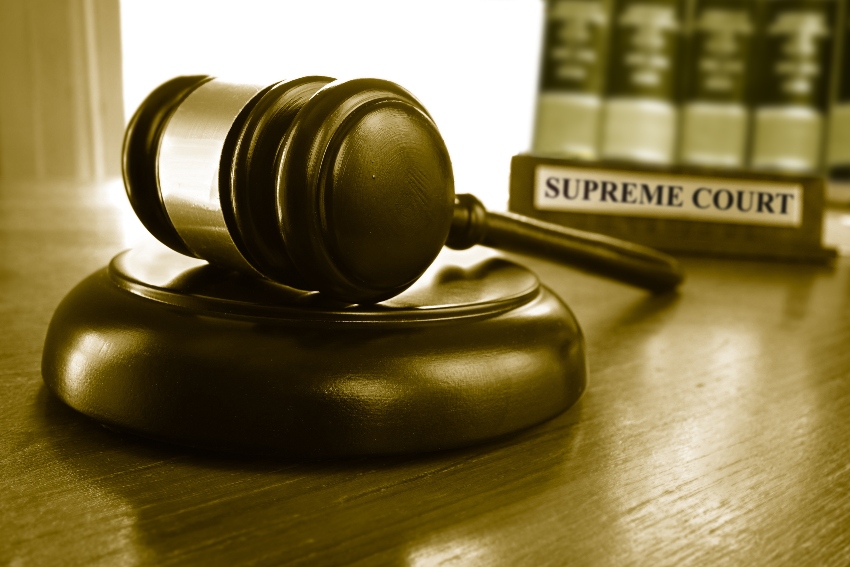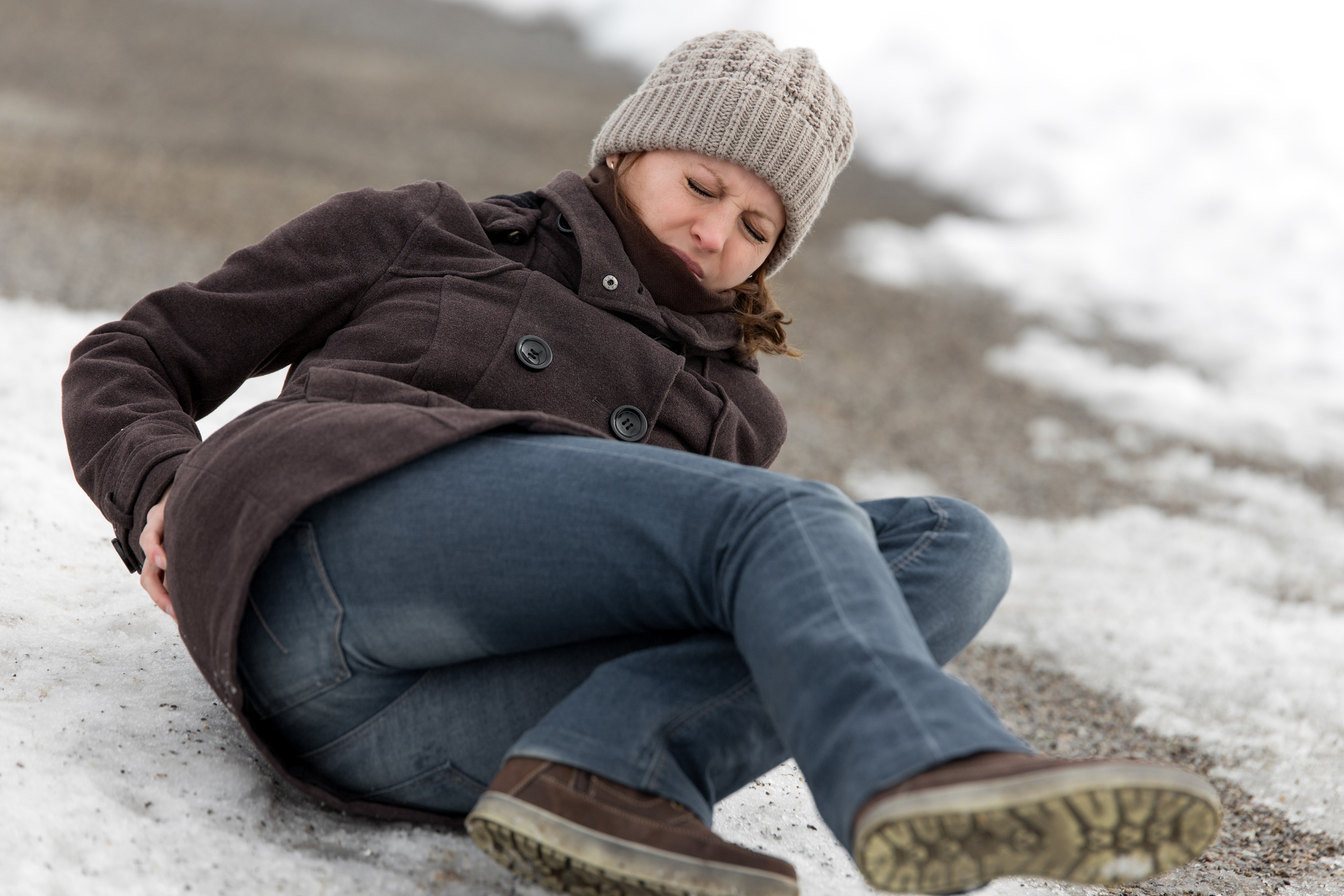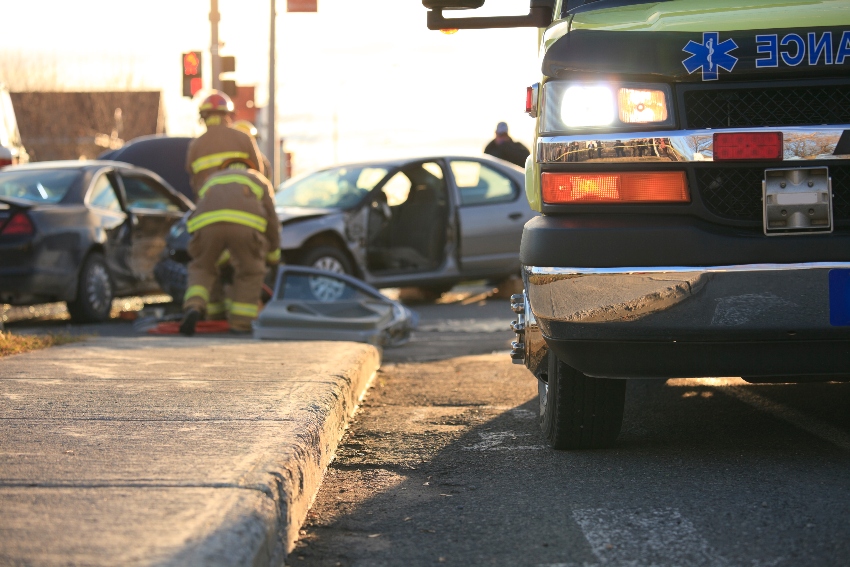Minnesota Supreme Court Rules on Workplace Handbook Policies
April 16, 2021 | Scott M. Lepak
Authored By Scott M. Lepak and Claire Schmitz The Minnesota Supreme Court recently announced two important holdings in Hall v. City of Plainview regarding workplace handbook policies. First, the Court determined that general disclaimers in employee handbooks (generally at the front of personnel handbooks or manuals) do not automatically apply to all provisions within the handbook, including compensation and severance policies. The second ruling was that the state law providing a penalty for failure to pay wages promptly did not create an automatic right to paid time off (PTO) on its own absent a binding contract present. Read on as we discuss the specifics of the Minnesota Supreme Court rulings on workplace handbook policies. Background Facts In 2017, the City of Plainview terminated an employee who had accrued unused PTO throughout 30 years of work. When the employee was terminated, the City refused to pay him the accrued PTO, citing the employee handbook. The City claimed he had not given “sufficient notice” per a policy in their handbook. This employment handbook also contained a disclaimer stating that the provisions within it “should not be construed as contract terms” and that it was “not intended to create an express or implied contract of employment between the City of Plainview and an employee.” The employee…
Read MoreWhat to Know About a Slip and Fall Injury
March 25, 2021 | Barna, Guzy & Steffen, Ltd.
Each winter, Minnesotans suffer fall-related injuries as a result of dangerous weather conditions. The number of people taken to the hospital suffering fractures, broken bones, or more serious injuries increases as roads and sidewalks become covered with ice and snow. “Slip and fall” is a term used to describe a personal injury case where an individual falls, trips, or slips on another person’s property. Read on as we discuss what to know about a slip and fall injury. What is a slip and fall claim? Slip and fall cases usually fall under the umbrella of “premise liability” claims. This is where the accident occurs on property that is maintained or owned by someone else. There are many hazardous conditions that can result in a slip and fall claim. These can include poor lighting, narrow staircases, torn or damaged flooring, or a wet floor. The most common condition for these types of claims in the winter is ice and snow, or a hidden hazard like a pothole in the ground. Premise liability makes the owner of the property liable for any injuries sustained on their property. Property owners may include a homeowner, business, government agency, or an agent representing an owner like a rental company. What to do after a slip and fall accident…
Read MoreCar Accidents and Personal Injury Claims
March 18, 2021 | Barna, Guzy & Steffen, Ltd.
The aftermath of an accident can be frightening and chaotic. Know your rights if you’re involved in a car crash.
Read More

